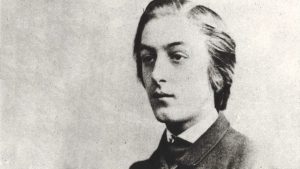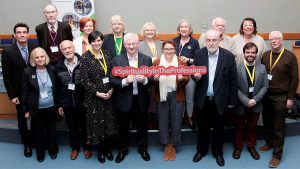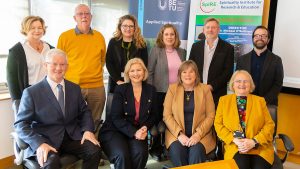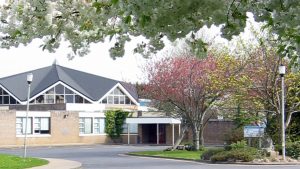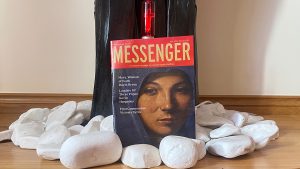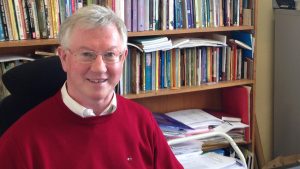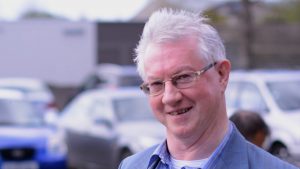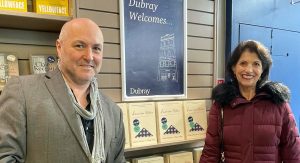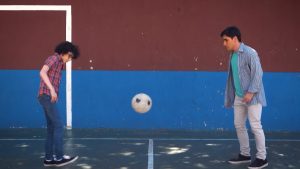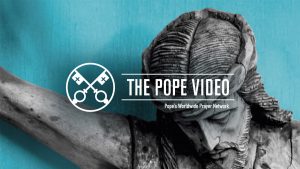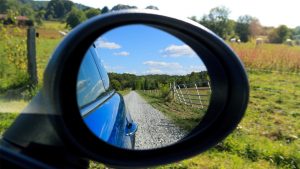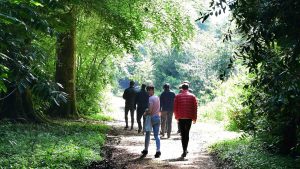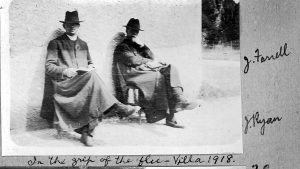The science of spirituality
Dr Michael O’Sullivan of SpIRE gave a lecture on 15 February to the Department of Theology and Religion at Durham University on the subject of ‘authentic interiority and the study of spirituality’. The aim of his paper was to demonstrate that the field of spirituality is a fit field to be studied as an academic discipline. In this interview with Pat Coyle of Irish Jesuit Communications, he outlines a methodology with a view to justifying his hypothesis.
Michael notes that some of the criticism levelled at the academic study of spirituality argues that it is too subjective and too taken up with interiority to become a valid objective field of study. His contention, however, is that authentic interiority of its nature leads to objectivity. He maintains that human cognition involves a dynamic process, one which goes from experience to understanding, which leads to judgement, which in turn gives rise to action. This process is driven by the call of the transcendentals, namely beauty, goodness, and truth. Michael acknowledges that this is not a perfect process – people can be frail or otherwise flawed – but that those who strive for authentic interiority based on self-awareness tend to move from the sphere of the subjective and private into the sphere of what is public and shared.
What makes this point important, he believes, is that the long-standing interconnection between spirituality and interiority has tended to limit their reference unduly. A privatised view of interiority usually results in a spirituality of detachment and a lack of engagement with the world at large. By contrast, according to Michael, authentic interiority ought to entail a praxis of engagement with ourselves and the world, and this in turn should be both reflective and relational, and should lead to an experience of responsibility for our world.



